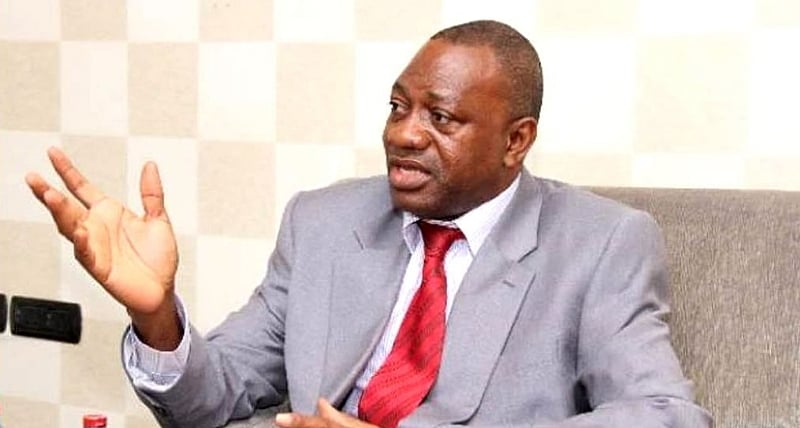Dr. Abdul-Rashid Pelpuo, Member of Parliament for Wa Central, has launched a scathing critique of the government’s flagship Free Senior High School (SHS) policy, questioning its effectiveness and highlighting the hardships it has imposed on Ghanaians. He argues that the policy, while presented as a free initiative, has actually increased the financial burden on families and compromised the quality of education. Dr. Pelpuo points to inadequate feeding programs, with students sometimes receiving only one meal a day, as a primary example of the policy’s failings. He raises concerns about the psychological impact of such conditions on students and questions the kind of future citizens this system is creating. This criticism comes in the wake of President Nana Addo Dankwa Akufo-Addo’s address to the nation, in which he touted the Free SHS and TVET programs as transformative successes, reaching approximately 5.7 million young Ghanaians. The starkly contrasting perspectives highlight a fundamental disagreement on the policy’s true impact.
Dr. Pelpuo’s criticism centers on the disconnect between the promise of free education and the reality of increased costs and compromised quality. He argues that the government’s claim of providing free education is misleading, as families are bearing a heavier financial burden than before. The inadequate provision of essential services like regular meals further exacerbates the situation, placing an undue strain on students and their families. This disparity between the advertised benefits and the actual experience underscores Dr. Pelpuo’s contention that the policy has failed to deliver on its promises. Instead of alleviating the financial burden on families, it has arguably intensified it, raising questions about the long-term sustainability and effectiveness of the program.
The inadequate feeding program serves as a prominent example of the policy’s shortcomings. Dr. Pelpuo emphasizes the detrimental impact of insufficient nutrition on students’ well-being and academic performance. The psychological implications of irregular or inadequate meals are also a significant concern, potentially affecting students’ concentration, emotional stability, and overall development. This raises fundamental questions about the government’s prioritization of student welfare within the Free SHS program. Dr. Pelpuo argues that the current system, characterized by insufficient resources and inadequate support, is failing to provide a conducive learning environment for students.
The timing of Dr. Pelpuo’s criticism, following President Akufo-Addo’s address, underscores the deep divide in perspectives regarding the Free SHS policy. While the President highlighted the program’s reach and its supposed transformative impact, Dr. Pelpuo’s critique paints a picture of a policy riddled with challenges and failing to meet its stated objectives. This discrepancy reveals a critical need for a more comprehensive and nuanced assessment of the policy’s impact, going beyond enrollment figures to examine the actual lived experiences of students and families.
The debate surrounding the Free SHS policy raises crucial questions about the future of education in Ghana. While access to education is undoubtedly important, the quality of that education is equally crucial. Dr. Pelpuo’s concerns highlight the potential trade-offs between expanding access and maintaining quality within a resource-constrained environment. The current situation, characterized by overcrowded classrooms, inadequate resources, and insufficient support for students, necessitates a serious re-evaluation of the policy’s implementation and a commitment to addressing the existing challenges.
Ultimately, the success of any educational policy hinges on its ability to provide equitable and quality education for all students. The conflicting narratives surrounding the Free SHS policy underscore the need for a more open and transparent dialogue about its strengths and weaknesses. Addressing the concerns raised by critics like Dr. Pelpuo is essential for ensuring that the policy truly fulfills its promise of providing quality education and opportunity for all Ghanaian children. The focus should shift from simply expanding access to ensuring that the education provided is of a high standard and contributes meaningfully to the development of well-rounded individuals equipped to contribute to society.


